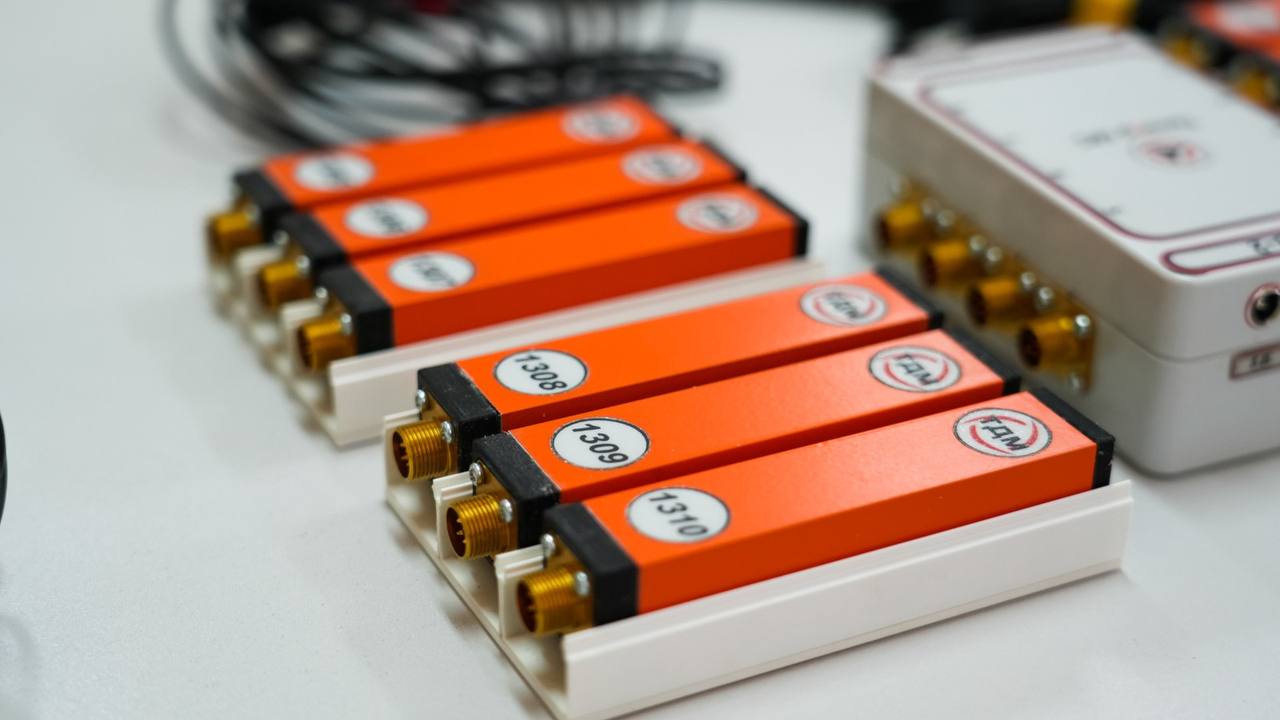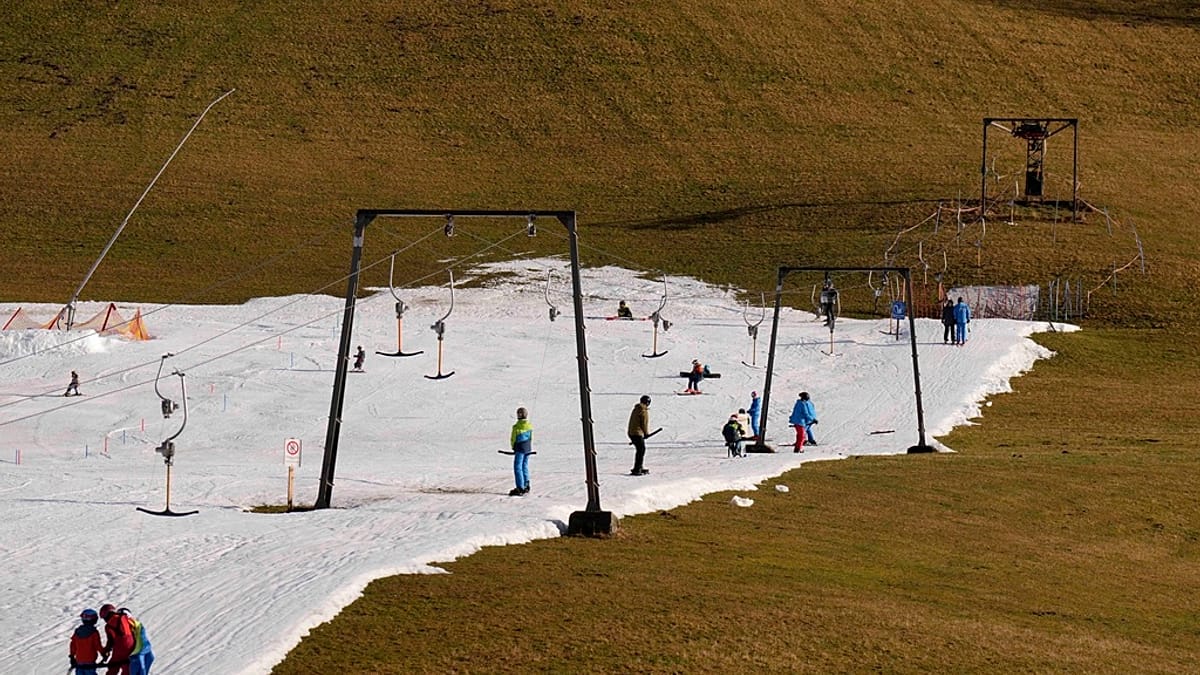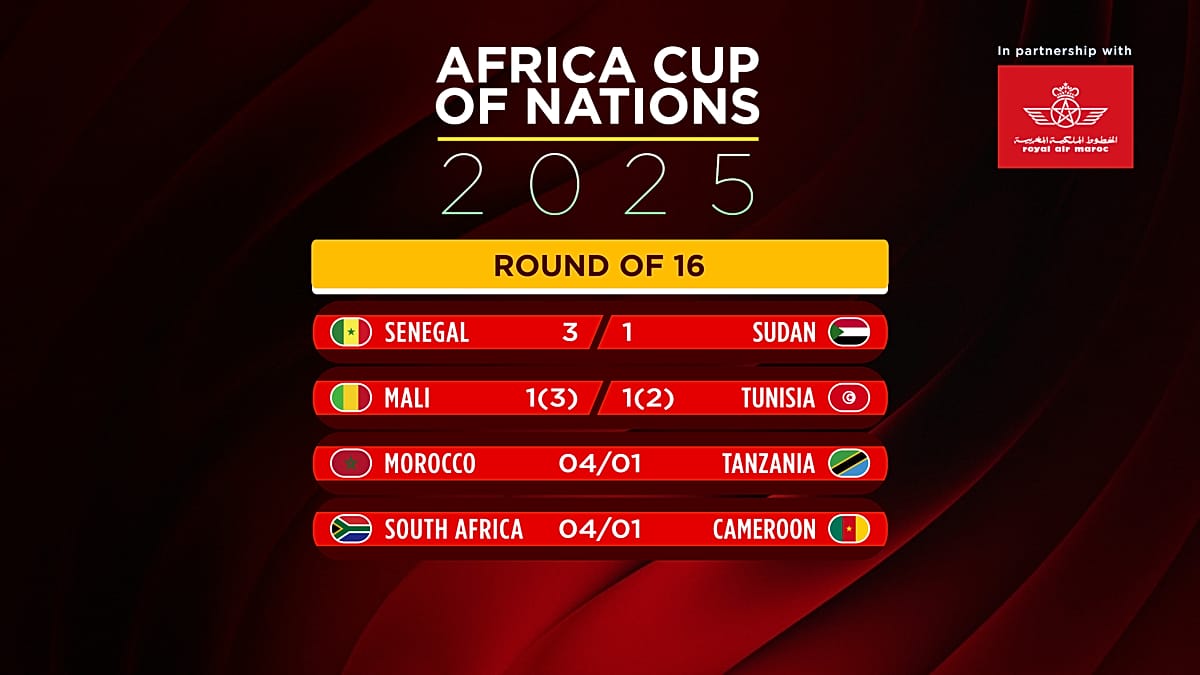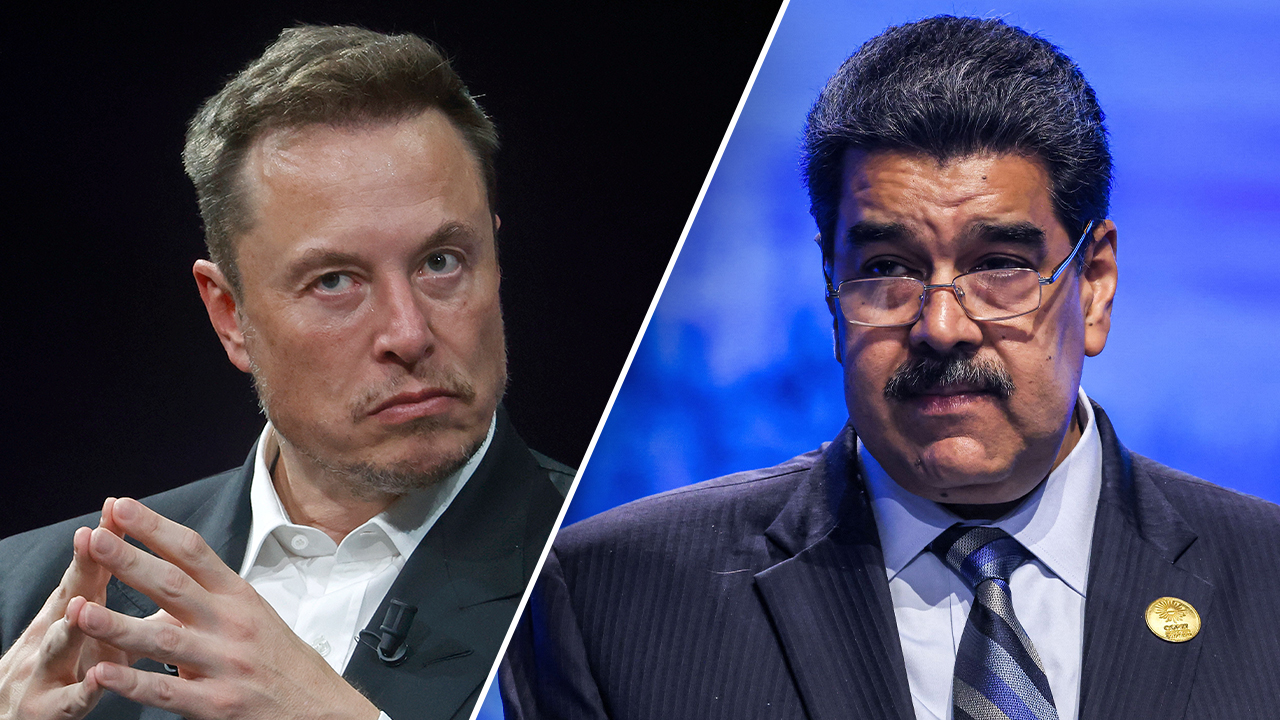The Psychology of Chasing Multipliers in the Aviator Crash Game

Aviator has become one of the most talked-about crash games in the Indian gaming community. Behind the simple mechanics lies a complex psychological system that keeps players glued to their screens for hours. The Aviator game is based on a growing multiplier that starts at 1x and can theoretically reach x1,000,000, but can “fall” at any moment. Understanding the psychological mechanisms behind chasing multipliers will help to better understand the impact of this game on the human psyche.
The Dopamine System and Gambling
Gambling triggers the release of dopamine, a chemical in the brain responsible for feelings of pleasure. When a player wins, the brain receives 10 times more dopamine than during normal pleasurable activities. In the context of Aviator online, this means that every successful cashout before the plane “crashes” triggers a powerful wave of pleasure.
Research shows that over time, the brain adapts to the constant flow of dopamine, producing less and less of it and becoming less sensitive to its effects. This explains why Aviator players gradually move on to riskier bets and wait for higher multipliers to get the same level of excitement.
The Role of Uncertainty in Gaming Behaviour
Studies have shown that in people with gambling addiction, dopamine release in the ventral striatum peaks at a 50% probability of winning — a state of maximum uncertainty. In Aviator, this uncertainty is present in every round: the player never knows when exactly the plane will “crash”.
Surprisingly, research by Lynett and colleagues found that problem gamblers had higher dopamine release when losing than when winning. This explains the phenomenon of “chasing losses” in Aviator, where players continue to place bets after a series of failures in an attempt to win back their losses.
Psychological Traps in Game Mechanics
Aviator India uses several psychological techniques that increase player engagement:
- The “near win” effect: when the plane crashes immediately after the player planned to collect their winnings, it creates the feeling that success was “just around the corner”;
- The social element: the ability to see other players’ bets and winnings in real time creates additional pressure and FOMO (fear of missing out);
- Illusion of control: the player believes that they can predict the optimal moment for cashing out, even though the outcome is completely random.
Features of the Indian Market
The availability of instant payments via UPI, Paytm and PhonePe creates ideal conditions for impulsive behaviour in Aviator online. When a player loses, they can instantly replenish their account and try to win back their losses without having time to think about their decision. This technological convenience directly fuels the psychology of “chasing losses”.
The demographics of Indian players also influence their perception of multipliers. 44.6% of players are between the ages of 18 and 24, an age group with a higher risk appetite and less life experience in managing finances. Young brains are more receptive to the dopamine rush from high multipliers, making Aviator particularly exciting for this audience.
Cognitive Biases and Behaviour Patterns

Unlike substance addiction, gambling is associated with cognitive distortions. Players often think, “If I keep playing, I’ll eventually win.” In the Aviator game, this manifests itself in the belief that it is possible to “learn to feel” the game and predict the behaviour of the multiplier.
Research shows that problem gamblers have impaired processing of information about losses and reduced activity in the prefrontal cortex, which is responsible for impulse control. This explains why many players continue to chase multipliers even after significant losses.
Neurobiological Changes in Gambling Addiction
Between 2 and 7% of people with Parkinson’s disease who take medication to increase dopamine levels develop compulsive gambling behaviour. This confirms a direct link between the dopamine system and gambling behaviour.
Recent studies have identified dysfunction in presynaptic dopamine transport in people with gambling addiction, indicating hyperdopaminergic states. In the context of Aviator India, this means that the game can literally change the way the brain works, increasing the craving for risk.
Risk Management Strategies
Understanding psychological mechanisms can help in developing healthier approaches to the Aviator game:
- Setting limits: fixed deposit amounts and playing time help avoid impulsive decisions;
- Automatic cashout: using the automatic withdrawal feature at a certain multiplier eliminates emotional decisions;
- Awareness: understanding that each round is independent and random helps to avoid cognitive traps.
Social Factors and Environmental Influences
Research shows that having friends or family members with gambling problems significantly increases the risk of developing similar behaviour. In the case of Aviator, the social element of the game — the ability to see other players’ bets and winnings — can further encourage risky behaviour.
During the COVID-19 pandemic, India accounted for 15% of all global online gaming traffic, which is linked to restrictions and the search for entertainment at home. This shows how external factors can influence gaming behaviour.
The Economic Component of Gaming Psychology
The online gambling market in India is growing at an annual rate of 4.94% and is projected to reach $3.88 billion by 2029. The average revenue of casino and betting services per user is $149.90 per year. These figures reflect the significant influence of psychological mechanisms on the financial behaviour of players.
Conclusion
The psychology of chasing multipliers in Aviator India is a complex interaction of neurobiological, cognitive, and social factors. The game exploits fundamental features of the brain’s functioning: the dopamine system, the response to uncertainty, and the tendency toward cognitive biases. Understanding these mechanisms is important both for the players themselves and for the development of more responsible approaches to the gaming industry in India.
Education about the psychological aspects of gambling can be a key element in shaping a healthier attitude towards such entertainment.
The post The Psychology of Chasing Multipliers in the Aviator Crash Game appeared first on Ten Sports TV.

















































